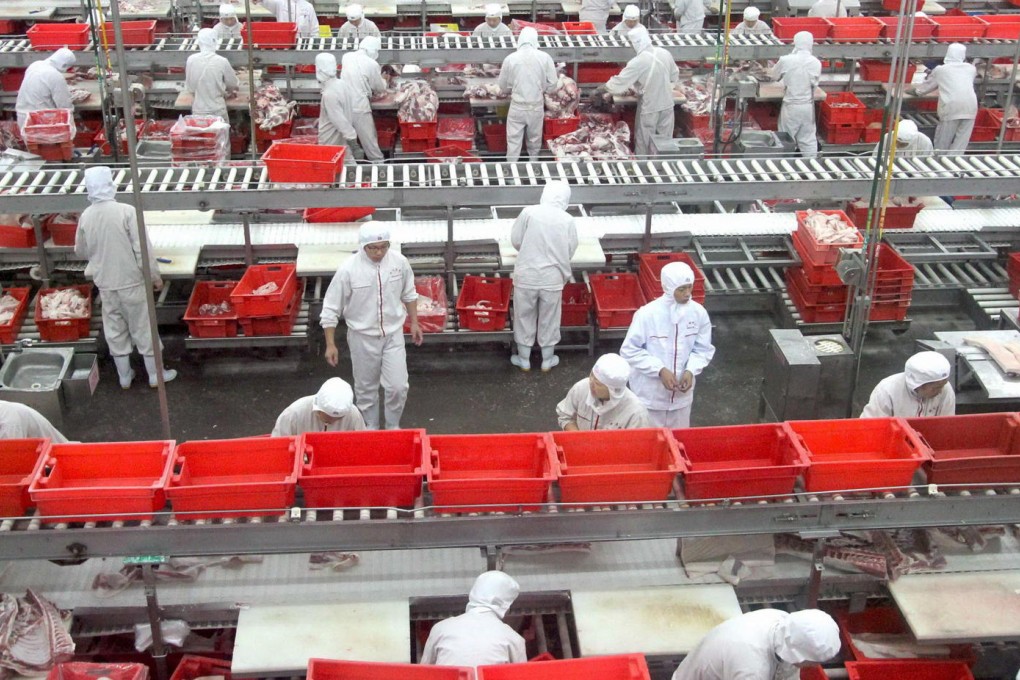Chinese companies target US and UK
Shuanghui's takeover of Smithfield helps push FDI for quarter to record US$7.5b in America, while Britain stars as key EU funds destination

The United States and Britain have emerged as the bright spots for overseas Chinese investments lately, while China's investment in the rest of Europe has waned.
Chinese firms spent US$7.5 billion on 10 acquisitions and eight greenfield projects in the US in the third quarter, according to Rhodium Group, a US consultancy - the highest quarterly investment in the country by Chinese investors.
Investment in the second quarter totalled US$2.5 billion and for the whole of last year amounted to US$6.7 billion.

In the first nine months, Chinese firms spent US$12.2 billion on 55 greenfield projects and acquisitions in the US, well on the way to a record for Chinese foreign direct investment in the US, Rhodium said.
The lion's share of Chinese investment in the US during the third quarter was the takeover by pork company Shuanghui International of Smithfield Foods for US$7.1 billion, the biggest single transaction by a Chinese firm in the US.